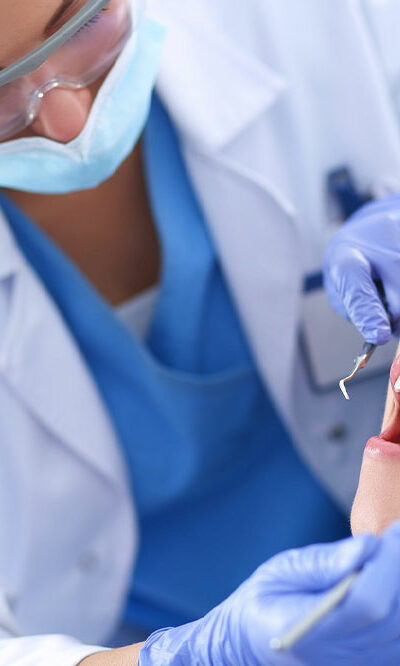
6 frequent mistakes to avoid for a healthy bladder
Like every other body part, it is important to keep one’s bladder health in check. Unbeknownst to many, various urological conditions originate from the inability to maintain optimum urinary tract health. Accurate urination is crucial for safeguarding one’s bladder from health conditions like urinary tract infections (UTIs) and urinary incontinence. To protect one’s bladder from long-term or short-term urinary issues, here are some common mistakes and habits one should avoid. Holding urine in While holding your pee becomes necessary sometimes, making it a habit can lead to long-term health complications. A full bladder becomes susceptible to the build-up of bacteria which triggers infections in the urinary tract. Therefore, following healthy drinking and urination habits should be prioritized. Incomplete urination Just like holding urine in, not completely emptying the bladder can aggravate one’s risk of urinary infections. Regardless of one’s tight schedule, spare time for nature’s call. Not observing urination patterns Frequent urination is a condition often overlooked by people. However, if a person is urinating more than usual in a day, it can indicate severe conditions like kidney stones, UTIs, or even diabetes. Not getting bladder examined Unexplained changes to urine color are another condition that necessitates healthcare intervention. For example, if one notices their urine appearing red, it might indicate severe conditions like cancer or kidney stones, which must be treated. Getting examined by a health expert regularly helps in the early management of conditions like UTIs, infections, or chronic kidney diseases (CKD). Unhealthy nutritional habits Keep a check on what you eat. Excessive caffeine intake can increase urination and cause an overactive bladder, causing inconvenience and disturbed sleep. For some people, acidic foods like tomatoes and orange juice can cause flare-ups and tend to irritate the bladder. Lack of physical activity It is possible to keep the symptoms of conditions such as UTIs at bay with the help of regular exercise.










